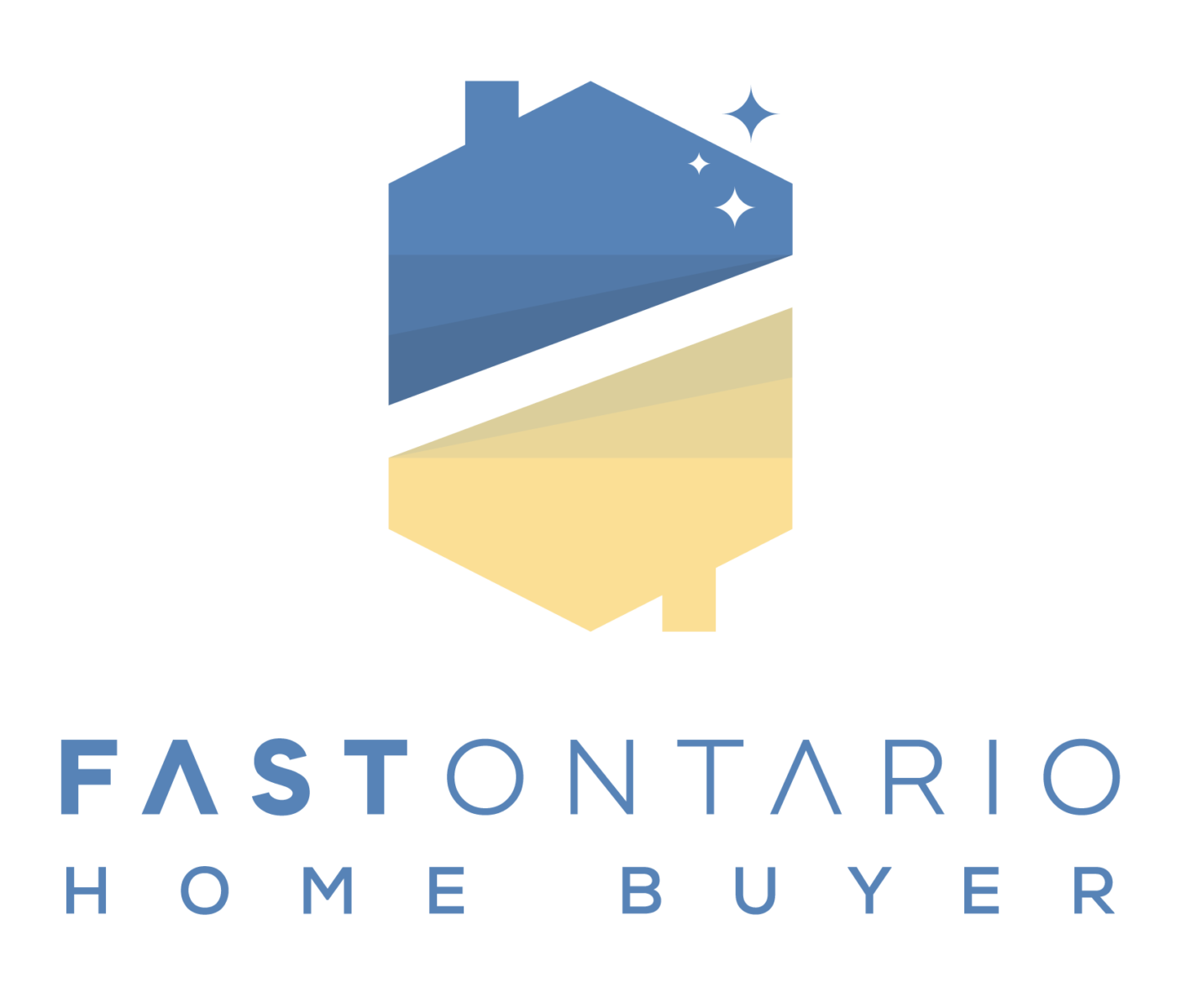
Becoming a landlord can be an enticing prospect for many individuals seeking to generate passive income and build long-term wealth through real estate investment. However, the reality of being a landlord often comes with its own set of challenges and responsibilities. From dealing with difficult tenants to managing property maintenance and navigating legal requirements, the question arises: is becoming a landlord more trouble than it is worth? In this article, we’ll explore the pros and cons of being a landlord and consider alternatives for homeowners considering selling their properties quickly in Ontario.
Problem tenants can be a headache for rental property owners, but with the right strategies in place, you can minimize their impact on your bottom line. In this guide, we’ll explore common types of problem tenants and provide actionable tips for avoiding them, from implementing thorough pre-screening processes to maintaining open communication with your renters.
1. The Non-Paying Tenant:
Dealing with non-paying tenants can be costly and frustrating. To reduce the risk of renting to them:
- Conduct thorough pre-screening: Perform credit checks, verify employment and income levels, and contact past landlords to assess their payment history.
- Offer convenient payment options: Implement digital payment and auto-pay options to streamline the rent collection process and encourage timely payments.
2. The Damaging Tenant:
Protect your rental property from damage by avoiding unruly renters. Here’s how:
- Conduct background checks: Look for any incidents of previous criminal activity that may indicate a propensity for property damage.
- Communicate with previous landlords: Ask about the renter’s treatment of their previous rental properties to gauge how they may treat yours.
- Maintain routine communication: Regularly check in with your tenants to identify and address any potential issues before they escalate.
3. The Nuisance-to-Others Tenant:
Prevent disturbances and complaints from neighbors by screening for nuisance-to-others renters:
- Include calls to previous neighbors in your pre-screening process to assess the renter’s compatibility with the community.
- Look for red flags such as excessive noise complaints or neighborhood disturbances in their background check.
4. The Sneaky Tenant:
Avoid renting to sneaky tenants who may violate lease agreements or sublet without your knowledge:
- Watch for warning signs during pre-screening conversations, such as inquiries about subletting or plans to move elsewhere.
- Stay vigilant and maintain ongoing communication with your tenants to identify any suspicious behavior.
By implementing these best practices and staying proactive in your approach to tenant screening and communication, you can minimize the risk of encountering problem tenants and protect your rental property investment. Remember, thorough pre-screening and regular communication are key to maintaining a positive landlord-tenant relationship and ensuring the success of your rental business.
Pros of Becoming a Landlord:
- Passive Income Potential:
- One of the primary attractions of becoming a landlord is the potential for passive income. Rental properties can provide a steady stream of rental income, which can supplement your primary source of income and contribute to long-term financial stability.
- Property Appreciation:
- Real estate has historically been a reliable investment, with properties often appreciating in value over time. By owning rental properties, landlords can benefit from capital appreciation, potentially increasing the value of their investment over the years.
- Tax Advantages:
- Landlords may benefit from various tax deductions and incentives related to owning rental properties. Expenses such as mortgage interest, property taxes, maintenance costs, and depreciation can often be deducted from rental income, reducing taxable income and increasing overall profitability.
- Diversification of Investment Portfolio:
- Investing in rental properties allows individuals to diversify their investment portfolio beyond traditional stocks, bonds, and mutual funds. Real estate investments can provide a hedge against market volatility and offer a tangible asset with intrinsic value.
Cons of Becoming a Landlord:
- Tenant Issues:
- Dealing with difficult tenants can be one of the most significant challenges of being a landlord. From late rent payments to property damage and disputes, managing tenant-related issues can be time-consuming, stressful, and costly.
Dealing with difficult tenants can be one of the most significant challenges of being a landlord. Late rent payments, property damage, and disputes can all create headaches and strain your profitability. To effectively manage challenging tenants:
- Establish clear rental policies: Clearly outline your expectations regarding rent payments, property maintenance, and behavior in the rental agreement to avoid misunderstandings.
- Communicate effectively: Maintain open and respectful communication with your tenants to address any issues or concerns promptly and prevent them from escalating.
- Enforce lease terms consistently: Enforce lease terms consistently and fairly to maintain control over your property and discourage problematic behavior from tenants.
- Property Maintenance:
- Landlords are responsible for ensuring that their rental properties are well-maintained and in compliance with health and safety standards. This includes addressing repairs, conducting inspections, and maintaining the property’s overall condition, which can require significant time, effort, and resources.
Even the best rental properties require ongoing maintenance to keep them in top condition. From minor repairs like broken pipes to major issues such as roof leaks, dealing with maintenance problems can be time-consuming and costly. To streamline the process and minimize hassles:
- Develop a proactive maintenance plan: Regularly inspect your property and address any maintenance issues promptly to prevent them from escalating into larger problems.
- Build a network of reliable contractors: Establish relationships with trustworthy contractors who can provide quality repairs at reasonable prices, ensuring timely resolution of maintenance issues.
- Consider preventative measures: Invest in upgrades and improvements that reduce the likelihood of maintenance issues occurring, such as installing durable flooring or updating plumbing fixtures.
- Legal and Regulatory Compliance:
- Landlords must navigate a complex web of legal and regulatory requirements governing rental properties, including landlord-tenant laws, fair housing regulations, and building codes. Failure to comply with these requirements can result in legal disputes, fines, and other penalties.
- Vacancy and Cash Flow Risks:
- Rental properties may experience periods of vacancy, during which landlords may not generate rental income. Additionally, unexpected expenses or downturns in the real estate market can impact cash flow and profitability, leading to financial strain for landlords.
- Monitoring Market Trends and Interest Rates:
Changes in market conditions, including interest rate fluctuations, can impact the demand for rental properties and affect your profitability. To stay ahead of the curve:
- Stay informed about market trends: Monitor local real estate market trends and rental demand to make informed decisions about pricing and property management strategies.
- Adjust rental rates strategically: Periodically review and adjust your rental rates based on market conditions to remain competitive and maximize your rental income.
- Consider long-term investment goals: Evaluate the impact of interest rate changes on your investment strategy and adjust your approach accordingly to optimize your returns.
Considering Alternatives:
For homeowners weighing the pros and cons of becoming a landlord and questioning whether it’s worth the trouble, selling their properties quickly in Ontario may offer an attractive alternative. By selling their houses fast, homeowners can avoid the challenges and responsibilities of being a landlord while accessing liquidity and moving forward with their financial goals.
Sell My House Fast in Ontario:
For homeowners looking to sell their properties quickly in Ontario, there are options available to expedite the selling process and access cash offers. Companies specializing in buying houses for cash, such as Fast Ontario Home Buyer, offer a convenient and hassle-free solution for homeowners seeking to sell their properties without the delays and uncertainties of traditional real estate transactions.
By selling their houses fast in Ontario, homeowners can avoid the potential pitfalls of becoming landlords and instead capitalize on the liquidity and flexibility offered by cash buyers. Whether facing tenant troubles, property maintenance issues, or other challenges associated with rental properties, selling a house fast may provide a more straightforward and advantageous path to achieving their financial objectives.
In conclusion, while becoming a landlord offers the potential for passive income and long-term wealth accumulation, it also comes with its own set of challenges and responsibilities. For homeowners questioning whether becoming a landlord is more trouble than it is worth, selling their properties quickly in Ontario may offer a viable alternative. By accessing cash offers and bypassing the complexities of rental property ownership, homeowners can achieve liquidity and move forward with their financial goals with confidence.

